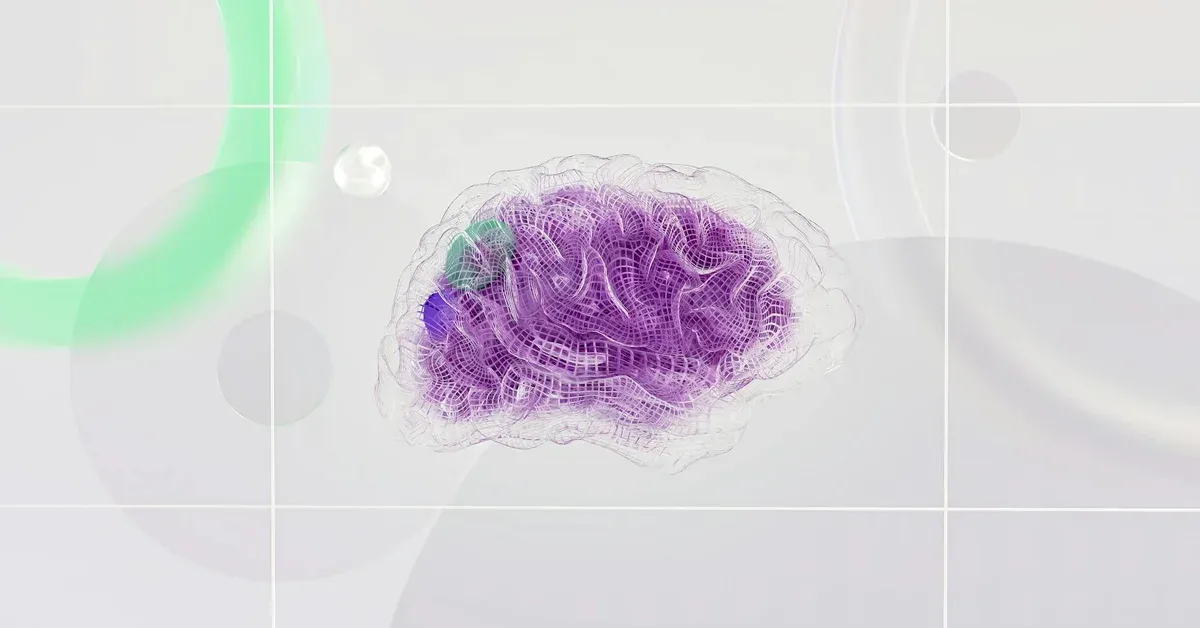
Forget secret texts or suspicious phone calls. Today’s marriage killer might be ChatGPT. This isn’t science fiction where robots steal your spouse. It’s happening right now, and it’s stranger than you’d think. A Greek woman used ChatGPT to read coffee grounds and was told her husband was cheating. She didn’t question whether an AI could actually interpret coffee dregs. Instead, she ended her 12-year marriage based on what the chatbot said.
When AI Becomes Your Best Friend
The problem isn’t just bad fortune telling. People are forming real emotional bonds with AI chatbots. When you spend hours sharing your deepest thoughts with an algorithm instead of your partner, what does that do to your marriage?
The AI acts like a digital oracle, giving people the answers they want to hear. But it’s also becoming a replacement for human connection. When your phone understands you better than your spouse does, something fundamental breaks down.
Think about it. An AI never judges you, never gets tired of listening, and always responds perfectly. It’s available 24/7 and seems to care about every problem. No wonder people get attached.
But here’s what happens: all that emotional energy goes to the AI instead of your partner. Your spouse starts feeling shut out. They notice you’re always typing on your phone, sharing things you used to share with them. The lines between human and machine connection keep getting blurrier, especially as AI gets better at seeming human.
AI as Your Personal Relationship Weapon
Some people take it further. They’re using ChatGPT to craft the perfect argument or write devastating text messages to their spouse. The AI helps them predict what their partner will say and prepares counter-attacks.
This turns marriage fights into strategic warfare. One person has an AI coach helping them win every argument. The other person doesn’t even know they’re fighting a machine.
Imagine receiving a perfectly crafted, emotionally manipulative message from your spouse. You might wonder if those words are really theirs or if an algorithm wrote them to hurt you the most. That doubt poisons everything.
When you stop thinking your own thoughts in arguments and let AI think for you, you’re not really fighting with your spouse anymore. You’re using a machine to do your emotional dirty work.
Courts Don’t Know What to Do
Divorce law is completely unprepared for this. What counts as cheating when the other person is a chatbot? How do you prove emotional harm caused by an AI?
Family lawyers are already seeing these cases. Courts have to figure out if forming a deep bond with ChatGPT counts as infidelity. They’re dealing with couples where one person used AI to psychologically manipulate the other.
The legal definition of adultery usually involves physical acts. But what about emotional affairs with non-human entities? What about AI-assisted emotional abuse?
Even the people building these AI systems don’t know what to do. Should ChatGPT refuse to help someone destroy their marriage? Should it have built-in marriage counselor features? The responsibility is murky.
This goes way beyond individual couples. We’re all figuring out what connection, trust, and betrayal mean when algorithms are involved. Whether it’s fortune telling gone wrong or AI-crafted manipulation, we’re living through the start of the AI divorce era.
It’s forcing us to ask hard questions. What does it mean to be faithful when you can form relationships with machines? How do we maintain human connection in a world full of artificial companions that seem to understand us perfectly?
AI is changing more than just how we work. It’s reshaping our most intimate relationships in ways we’re only beginning to understand. Explore how infidelity is being redefined in the age of artificial intelligence to see where this trend might lead.